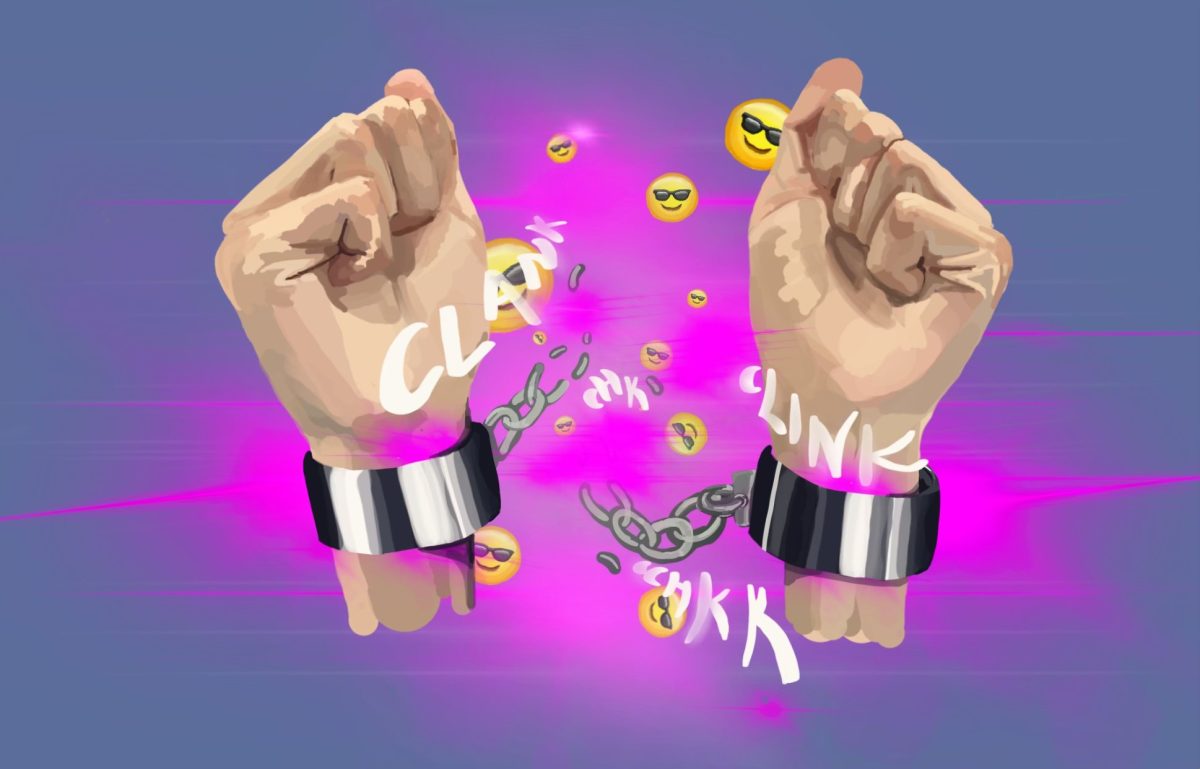I can say with confidence that most of you reading this have probably met trolls before. With their array of memes and crude jokes, the common troll gets satisfaction out of eliciting responses from people. More often than not, their irritating tendencies can grant them some amount of attention until they become too annoying and people lose interest.
However, trolls are no longer just hiding behind screens. As trolls gain more influence and pleasure through receiving copious amount of pleasure, they feel emboldened and no longer hide behind anonymous usernames. Provocateurs make their way into the real world, and are granted speaker slots at college campuses or on cable news shows. Their mere presence often causes protests or in some cases, full-blown riots. But why is it that when provocateurs make outrageous comments, people still insist on retaliating with vicious insults through social media? If he is a troll, then no amount of venomous insults or thought-out counterarguments will make him yield or admit shame. Provocateurs thrive off attention, and digital mobs provide them with exactly that.
One prominent example of strong backlash failing to strip a provocateur of his influence is former Breitbart editor Milo Yiannopoulos. During a club-wide poll in a College Republicans meeting, most members stated that if Yiannopoulos were to speak at UChicago, they would go only to see peoples’ reaction to his presence rather than to actually hear and engage with his opinions. Indeed, this line of thinking is quite widespread. Aside from his inflammatory remarks, he became known for the constant protests that followed him at universities, especially at University of California, Berkeley. Unfortunately for his opponents, those protests have only occasionally silenced him at best. In fact, up until his comments on pedophilia went viral, Yiannopoulos gained even more attention from a public that was initially ignorant or indifferent. After the Berkeley riot, pre-sales for his book Dangerous spiked to the best-seller list on Amazon. Ironically, through the left attempting to demonize and silence him, protestors allowed Yiannopoulos’s voice to have an even greater presence across the country. Had all those protesters decided to ignore him instead of attack him, it is likely that Yiannopoulos would have never become as infamous as he is today. He would have been denied extra fans eager to see protesters’ reactions.
Similarly, when Amy Chua published her column “Why Chinese Mothers Are Superior” and her memoir Battle Hymn of the Tiger Mother, where she claimed that the Chinese style of parenting is superior to that of the West, she was met with heavy criticism. In adamantly challenging what they perceived to be an outrageous claim, opponents granted her a handsome sum of money from book royalties and a spot on Time magazine’s 100 most influential people in 2011. Her views on parenting became far more prominent due to the public response. Despite claiming that she did not wish to become a controversial figure, she has reaped similar rewards to Yiannopoulos. Had readers simply shrugged off her initial column in The Wall Street Journal published days before her more infamous book, Chua would have lacked the national attention that drove sales for her memoir.
Trolls not only exist on the national level, but on the local one as well. The Internet has provided an easy platform for even the most inconsequential of people to gain notoriety, even if on a small scale. Earlier this week, a freshman from my high school crudely advertised his men’s rights club to his class’s Facebook page. Within two hours, he had incited a maelstrom of animosity. His post garnered nearly 400 reactions and 1,100 comments, most of which were either venomous attacks toward his character, or memes. Despite the onslaught of insults, not once did he back down or express shame like the livid commentators wanted him to. In fact, most of his responses were short and unsophisticated, and did not indicate any exasperation. Like any other troll, he did not submit or even engage with any of the backlash, instead choosing to provoke his opponents further. Eventually, the club was shut down at the request of his parents and by the school. Though the virtual mob indirectly succeeded in destroying the club, it also gave him the attention he craved. The same goal would have been accomplished if most people scrolled past his post and decided not come to his club meeting. Because there are very few people who agree with that freshman, his club would have died quickly due to lack of membership.
Refusing to feed provocateurs does not mean that you’re passive; it is a strategic response that can be more effective in defeating them. Of course, not everyone who makes inflammatory comments should be ignored. There are definitely times when people deserve serious condemnation. If it is clear that the person making the remarks is serious or is in a position to translate those words to reality, for instance, then the situation is different. Such people include politicians. Engaging in an argument would be more appropriate than simply ignoring them, as the silence could be interpreted as acceptance. When the perpetrator is a provocateur who clearly desires attention, the predictable response of a virtual mob can be manipulated to serve his end goal. Depending on the writer, consider scrolling past some irksome posts on your newsfeed next time, and perhaps that will better deprive Internet trolls of their fuel.
Brian Dong is a first-year in the College majoring in political science.







